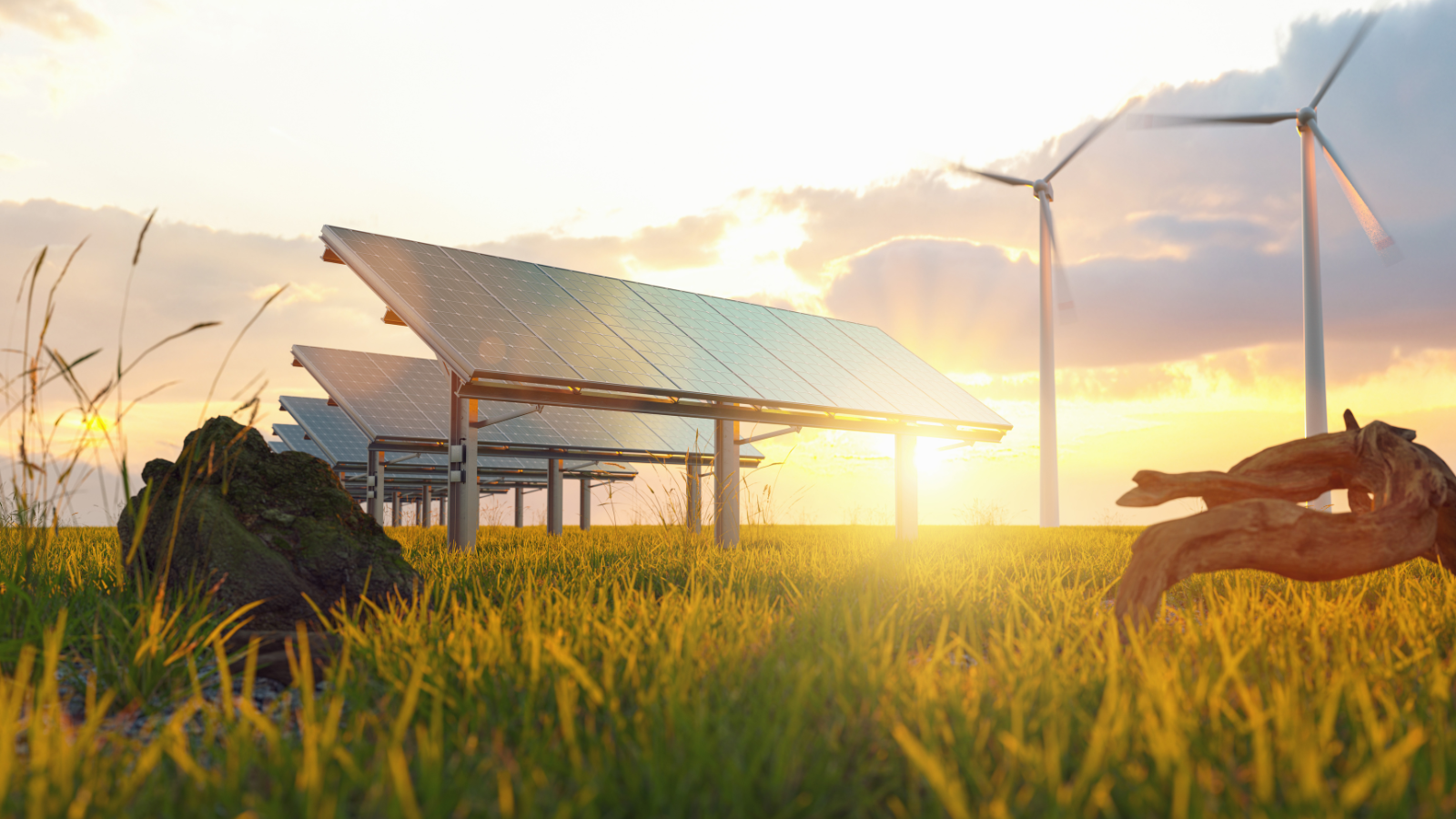When it came time to water her rice fields, farmer Im Heng used to have to lug a diesel-powered water pump across her property in Cambodia’s southern Takeo province.
Along with being heavy, the machine was expensive to operate and spewed climate-altering greenhouse gases.
But the generator is now a thing of the past.
Heng recently purchased a solar-powered pump that delivers water directly into a sprinkler system covering her fields. Along with being easier to manoeuvre, the setup has helped reduce her monthly electricity bill by about 30,000 Cambodian riels (US$7), a large sum for a subsistence farmer.
“My health has improved since I do not need to carry heavy equipment and tools anymore,” says Heng.
She made the purchase using a loan obtained through the EmPower programme a joint initiative between the United Nations Environment Programme (UNEP) and UN Women. Funded by Sweden, the initiative helps women entrepreneurs access affordable loans, allowing them to buy clean technologies that can help them grow their businesses.

Most people in Cambodia rely on farming for subsistence. However, climate-induced disasters, such as floods and droughts, can impact food supply and livelihoods. Women have less access to information, resources, finance and technologies, making it especially hard for them to cope with crises and rebuild when they are over.
The EmPower Programme
That is why UNEP is working with UN Women on the second phase of the EmPower programme, which was piloted in Bangladesh, Cambodia and Viet Nam in 2018.
Upfront equipment costs can be a significant barrier for low-income rural women like Heng. They face greater challenges in accessing loans from traditional banks due to their lack of collateral and limited financial history and literacy.
Innovative financing mechanisms, such as the ones provided by EmPower, are considered crucial for supporting women’s access to renewable energy technologies.
Renewable energy is both sustainable and reliable, with lower operating costs and less maintenance than fossil-fuel-based power systems.
Renewable energy also benefits women by replacing traditional fuels, like coal, that contribute to indoor air pollution and respiratory diseases. This is particularly relevant in countries like Cambodia, where access to modern energy services still lags.
According to one estimate by UNEP, the solar photovoltaic systems installed in Bangladesh, Cambodia and Viet Nam as part of the EmPower project could prevent the release of 15,000 tonnes of carbon dioxide equivalent throughout their expected lifecycle.
So far, EmPower has supported 473 women entrepreneurs and created a model that is ready to be scaled up. The project also helped more than 50 women-focused organizations participate in decision-making on issues related to climate change, renewable energy and disaster risk reduction.
Duek Da is a farmer from Takeo province whose land has been severely impacted by flooding and drought. She relies on agriculture to support her three children, two of whom are in university.
In 2022, Da started using a solar water pump to grow corn and morning glory, also known as water spinach. Like Im Heng, Da said she feels more secure because she has a reliable water supply and isn’t dependent on fossil-fuel-burning generators or the electric grid for power.
Da was the first person in her community to buy solar panels. Some 60 per cent of the costs were subsidized, allowing her to save money in the long run.
The EmPower: Women for Climate Resilient Societies programme is a joint initiative between the United Nations Environment Programme and UN Women. Since it started in 2018, it has pioneered innovative solutions contributing to climate change adaptation and mitigation in Bangladesh, Cambodia, and Viet Nam and across Asia and the Pacific. To accomplish this, it has placed community leaders, women and SMEs at the centre of solutions. As of 2023, EmPower has started into its second phase, with opportunities to scale up the lessons learned and the approaches developed to support a just energy transition.
The Six-Sector Solution to the climate crisis
UNEP is at the forefront of supporting the Paris Agreement goal of keeping global temperature rise well below 2°C, and aiming for 1.5°C, compared to pre-industrial levels. To do this, UNEP has developed a Six-Sector Solution, a roadmap to reducing emissions across sectors in line with the Paris Agreement commitments and in pursuit of climate stability. The six sectors identified are: energy; Industry; agriculture and food; forests and land use; transport; and buildings and cities.
This post was originally published by UNEP.


